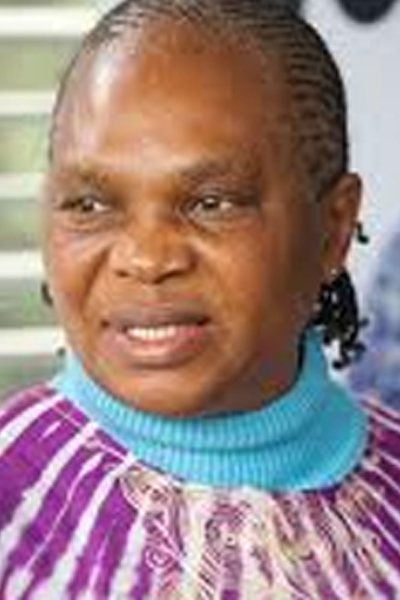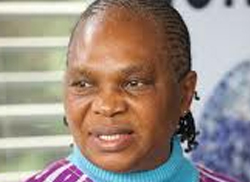
Wahu Kaara is a global social justice activist, an educator on privatization, and a gender trainer. She is among the key founders of Kenya Debt Relief Network (KENDREN), an organisation focusing on research and policy analysis. The organisation has also taken up an advisory role to the government on issues pertaining to public finance, foreign aid and foreign debt. The group is also in charge of directing Kenya’s activities as part of the global Jubilee 2000 debt cancellation campaign.
Kaara’s interest in matters of national importance began in the 1970s when she learned about communism and the ideals of justice and equity as she pursued a qualification in Education at the Kenyatta University. She went on to teach History and Kiswahili in various schools, later becoming principal of Nginda Girls’ Secondary School where she made efforts to foster unity among the students who came from different communities in the country. Her desire was to inspire the students to do something about the disorder in society.
Following the government crackdown in the 1980s on dissenting voices, Kaara’s husband went into political exile and several of her friends and family were detained. She was demoted and sent to teach at Ngara Girls’ High School in Nairobi so that the government could monitor her.
In the early 1990s, alongside fellow activist Njeri Kabeberi and the late Professor Wangari Maathai, Kaara was among the group of women who went on a hunger strike as part of a protest to have political prisoners released. During this period she did a lot of research in areas such as sustainable agriculture, HIV/AIDS and gender relations. In 1995 she graduated from the Karolinska Institute with a Master’s degree in Public Health. A few years later, she left the teaching profession in order to concentrate on political activism and eventually, in 1999, she helped to establish KENDREN.
Kaara was later appointed as a coordinator for the UN Millennium Development Goals in 2004, thanks to her activist roles and association with KENDREN. She served in this capacity until 2006. She participated in many national and international fora involved in policy formulation in matters of debt, trade, racism, peace and gender issues, including the G8 Summit in Italy in 2001 and the Women Peacemakers Programme in California in 2011.
In 2005, Kaara partnered with the President of Brazil at the time, Lula da Silva, to launch the Global Call to Action against Poverty (GCAP), which is today the largest global mobilisation platform for citizens against poverty.
Today, she is involved internationally in several initiatives such as the African Social Forum, Action Aid and the Coalition for Peace in Africa (COPA), in addition to her role as Executive Director of KENDREN. She writes extensively on issues of debt cancellation and women’s rights, and also speaks and delivers public lectures to governments and various institutions across the globe on issues of social justice.
Kaara’s work has earned her recognition on various levels. She was among the 1,000 women nominated for the Nobel Peace Prize of 2005 and was named a Dame Nita Barrow fellow at the Ontario Institute for Studies in Education in 2008. In 2009 she was the Project Concern Global Humanitarian. She was also named Woman Peace Maker in 2011. In 2012, she was named one of the top 150 Fearless Women by Newsweek Magazine, alongside personalities such as Oprah Winfrey and Hillary Clinton.
Her political interests led her to vie for political office in the Kenyan government twice, albeit unsuccessfully. However, the champion for social justice, who taught herself how to offer greetings in all 42 Kenyan languages as part of her attempts to foster unity in the country, believes that there is hope in Kenya’s future and will not give up until her vision of a greater Kenya is realised.
